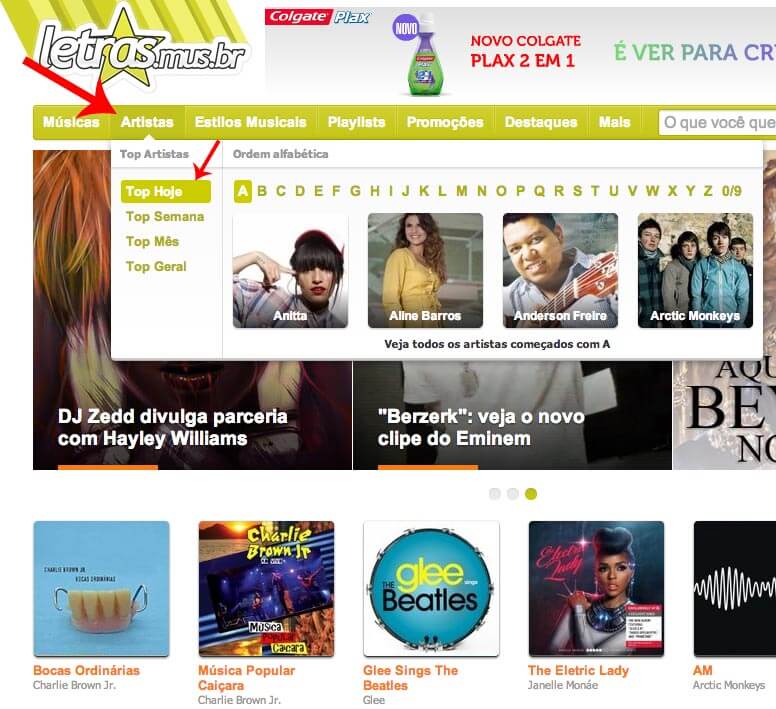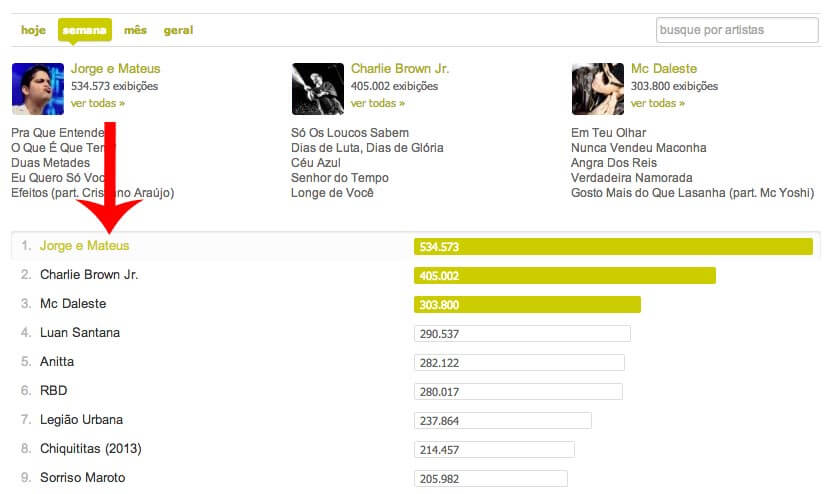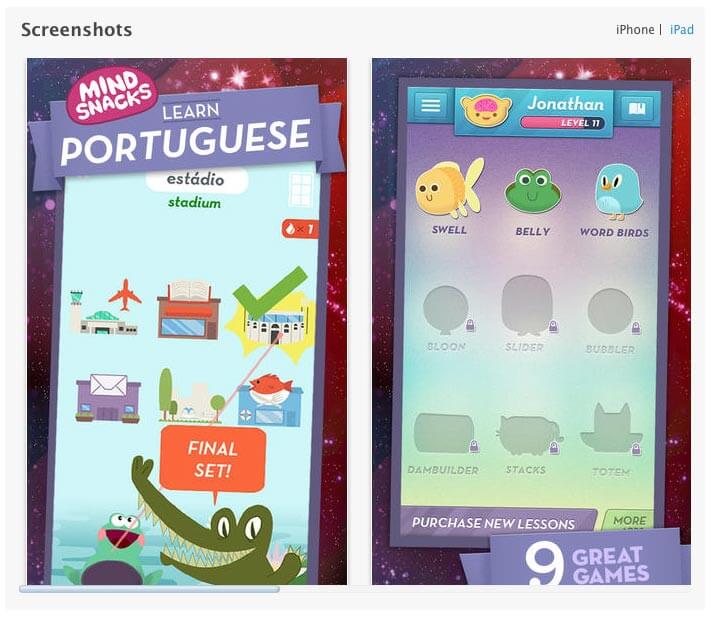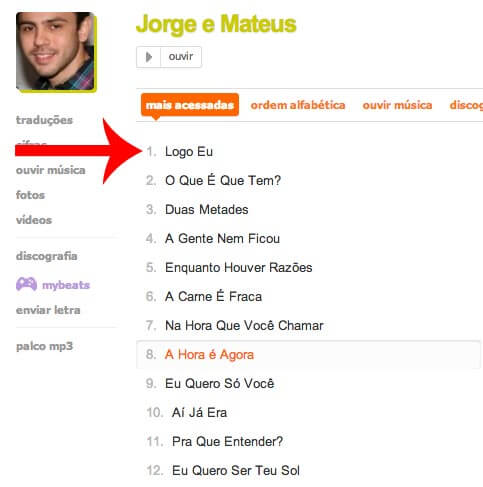Must Have Tools to Learn Portuguese
 We all know that a successful lifestyle connected to, or living in Brazil requires that you , though with a jungle of resources out there, it’s hard to know where to start and which dots to connect.
We all know that a successful lifestyle connected to, or living in Brazil requires that you , though with a jungle of resources out there, it’s hard to know where to start and which dots to connect.
Personally, I’ve been through many different experiences, programs and courses in my quest to learn Portuguese and it was quite a challenge to figure out the best path to fluency.
I tried courses like Rosetta Stone, Pimsluer, a Portuguese language academy, grammar books, memory games – all without success. Although my breakthrough came in an unexpected form.
It was through a series of techniques that I’m going to share with you today.
Having the Confidence to Speak Portuguese
The first problem we have is always in the confidence department… We don’t want to make mistakes in front of natives. We don’t think it will be possible to become fluent and this keeps us from approaching anyone who speaks Portuguese out of fear of failure.
This is partly our own fault but it’s also due to misleading information given by many Portuguese courses out there – they are usually designed by Brazilians who’ve never had to learn Portuguese like us, courses full of grammar and proper language rules. None of them show you the key to getting fluent: having the confidence in yourself that you can do it.
Being a Part of the Portuguese Speaking Community
The whole reason behind learning Portuguese is to be able to communicate with Brazilians and to walk through the doors that will open for you. So why sit at home, when there are plenty of the Brazilian-loving communities around?
I realized how important it was to be part of a great community and that with other people it would be possible. Though, back in 2004, it’s wasn’t as easy to access such communities as it is today. I had to roll up my sleeves, go out and find them myself!
Another great place to find a community of passionate Portuguese learners is through www.meetup.com, communities.skype.com and obviously Facebook Groups.
Focusing on What Works Well to Learn Portuguese
Figuring out exactly “how to learn Portuguese” is no easy task, although after countless tries with different courses one thing is certain: none of them teach the functional side of speaking Portuguese. Most of them focus on making you learn Portuguese by the book!
Brazilians avoid speaking correctly, so here’s what you can do to save about 40% of your time in learning Portuguese:
1: Remove the “nós” Grammar Form
Brazilians use “a gente” which is the same rule you use for “he, her, you”. i.e. Brazilians say “a gente vai” (we go) but courses teach you “Nós vamos”, which requires learning more grammar. “Vai” is also used for “ele vai” (he goes), “ela vai” (she goes), “você vai” (you go).
So avoid “nós” – you’ll save lots of time.
2. Remove the “Tú” Grammar Form
In courses and grammar books, they insist on teaching you to say “tú” (you) but the reality is that in Brazil, they only use “você” (except in the far south, but a small area). This excludes a huge amount of grammar too as instead of saying “tú vais” (you go), you can say “você vai” (you go – but the same rule as above in point 1).
3. Focus on Cognate Words that Transpose Directly into Portuguese
This will unlock lots of instant vocabulary, for example:
-
-able/ible words in English become -ável and -ível words in Portuguese: probable = provavél, possible = possível etc.
-
-t words in English become -te words in Portuguese: important = importante.
-
-ity words in English become -dade words in Portuguese: city = cidade.
-
-sion words in English become -são words in Portuguese: transmission = transmissão.
Note: I teach all this in Video 1 of my .
4. Learning the Most Commonly Used words in Portuguese First
You can then join them together with the above cognates and simplified grammar, which will give you a huge platform to work off from!
My will tell you what these words are, and also offers some great bonuses to help you learn Brazilian slang too.
5. Keeping Exposed to Hearing the Language by Watching TV and Movies in Portuguese.
This can be done by either using a VPN from abroad to get access to instant streaming services in Brazil (like Netflix: free access in Brazil if you already have an account!) or by going onto YouTube and finding different Brazilian TV shows and movies.
This is one of the biggest key factors in order to learn Portuguese from abroad as it exposes you to the spoken side and tunes your ear in.
On YouTube, a great way is to find a documentary or movie in Portuguese with English subtitles, or an English speaking video with Portuguese subtitles.
Here is a great happy medium about the history of soccer/football in Brazil:
It has interviewees like Pelé and others and is a mix of both English and Portuguese.
Enjoy!
6. Remain Exposed to Portuguese through Brazilian Music
This allows you to hear the language being used in a way that helps it stick better. If you hear a phrase like “Dias melhores como esses” (better days like this) cemented to a cool rhythm, it will stick in your mind better. BTW: that is an actual sentence from a song I learned back in the beginning of 2005!
I usually recommend finding songs on YouTube, iTunes or my personal favorite letras.mus.br. The latter of the three is what most Brazilians use as it combines the power of YouTube video with the song lyrics and organizes the genres and artists for you.
Here’s how to find some great and FREE songs!
STEP 1: go to letras.mus.br and click on “Artistas” then “Top Hoje” (Top Today) or “Top XXXX” (whatever you want)

STEP 2: see who’s ranking high and click on them.

STEP 3: see their list of songs (sorted by amount of plays automatically) and click on one.
STEP 4: Click play on the YouTube button and enjoy!

7. Playing Portuguese Language Games
We all love to relax and play games right? Well, if we take the time that we would normally spend shooting zombies, racing in circles (or whatever) and transform it into an experience that satisfies your gamer side but also teaches you Portuguese, then you have a win:win situation here my friend!
A great game is Mind Snacks for the iPad.

It lets you play several games in the free version that are interactive and let you learn by association, though you have to pay a bit for the premium version.
Learning “Unspoken” Portuguese
Body language is roughly 90% of your communication in any language, so it’s important to realize the importance of adapting to Brazilian body language. There are 6 distinct body language types which I describe in detail in my .
Adapting to the Brazilian Portuguese Speech Patterns
It’s one thing to speak Portuguese words, it’s something totally different to actually learn how to pronounce your words like a Brazilian. This is something that we as foreigners have a hard time mastering, but never fear as it is possible to train your mouth to speak just like a Brazilian.
My features some great bonus resources from Idahosa Ness from Mimic Method, which goes into this in more detail.
Living Your Portuguese Learning
The best thing I ever did on my Portuguese-learning journey was to let it become a part of who I was. After all, I was learning Portuguese for the specific reason of opening doors and living in Brazil and it was important to be that person that I envisioned.
This type of determination will allow Portuguese fluency to become a part of who you are. This means that your music tastes may shift more towards your Brazilian side, you’ll probably start following Brazilian soccer/football, current affairs in Brazil become more interesting.
Living it has to do with your whole reason and purpose for learning Portuguese in the first place. Are you doing it because it’s “a neat thing” or because you have a purpose for it? If you have a good reason for learning Portuguese, then I guarantee that keeping your eyes fixed on that will bring you to your prize. It’s the whole donkey carrot vs. donkey whip metaphor in action. You can whip your donkey to keep walking while he cringes and hates it the whole way through or you can hang a carrot in front of his face so that he is inspired and pro-actively motivated to keep going (maybe giving him a few along the way). Would you prefer sun and samba or boring grammar books?
I can’t stress how important it is for you to become who wish to live it too -this will really be what puts everything else into the right swing.
Successo para ti!
Kevin
Get my FREE Portuguese Fluency Crash Course by !


Hi Kevin.
I’m Carol and I’m brazilian.
I was reading your tips and they are awesome! But I found a mistake. When you said that “-ssion words in English become -ção words in Portuguese: transmission = transmição” this is not true. Actually -ssion words they become -são: mission = missão and -tion words become -ção: emotion = emoção.
Keep doing your job this is a great tool to help people learn our language.
=D
Oi Ana Carolina, tudo bem?
Thanks for pointing that little mistake out, must have written to fast 😉
Um abraço and thanks for your support! 🙂
*Too
You’re writing too fast Kevin.
rs
im intrested in you wana make reation with you
Hi Kevin!
About “nós”, there is an inevitable question, whether “a gente” is ever used as non-inclusive equivalent of “we”. It’s just kinda in favor of good old academism 🙂
I. e., if there are three of us in a room, me, my wife and our doctor, and I ask the doctor “e o que a gente vai fazer?” – can he understand it as “and what we’ll do [me and my wife]?”, or ONLY as “and what we’ll do [all the three]?” – ? I have some feeling that the latter is true so long, but I’m not sure.
Though, I decided to get rid of tú/vós/nós-conjugation long ago 🙂
Also interesting how often people use pretérito mais-que-perfeito…
Interesting angle on the we situation.
Basically, to a doctor or any formal “person” you would generally use “nós” though you don’t have too..
I.E. if I was in a us and them situation (wife and I vs doctor) and only talking about my wife and I, I would use “a gente”.
If I wanted to refer to us 3 and avoid “nós”, then I would say “todo mundo”: “então, todo mundo vai xxxxx”
If you used nós, you could say “Nós 3 vamos fazer o exame juntos?”
But yes, the doctor would understand it as you and your wife unless you specify otherwise 😉
Thanx Kevin!
So in Brasil, Portuguese follows the path of as much generalisation as possible 🙂 The next problem is how to say “all the world” 🙂
Sup Kevin, your ok ?
Eu sou Brasileiro e gostei muito do jeito que você fala do nosso povo. 😉
Acho extremamente interessante a sua paixão pelo nosso país, mande-me um convite no Facebook para trocarmos uma ideia irmão ! Forte abraço.
Meu Facebook – Amaurí Pedrozo Júnior DH
any bilingual schools or schools there in florianopolis that could work for a 12 year old boy in 7th grade. he speaks first english and then second spanish. thanx
Hey Kevin, parabéns pelo site.
Sou brasileiro e estou adorando a leitura. Só gostaria de fazer um reparo bobo quando você fala do uso do pronome “tu”, que seria comum apenas no Sul distante. Não é bem assim, já que esse pronome pode ser encontrado com bastante frequência em muitas áreas do Nordeste e principalmente no Norte do país, onde eu nasci e onde quase nunca se usa “você”. Inclusive, em Belém, minha cidade, é mais comum ainda se conjulgar o verbo com o pronome “tu” (tu foste, tu és), o que é raro nos outros lugares onde esta palavra ainda está presente (tu foi, tu é).
(Ah, e “tu” nunca leva acento)
Um grande abraço
We traveled a lot in Brazil and Portugal. Small report and we loved this country and people are important! Want to start learning Portuguese through your site!
I stumbled across this page looking for information on mailing packages to Brazil, and I thought I would share a little of my Portuguese-learning experience. First of all, I have never taken a class or read any formal language books. I have never traveled outside the US (let alone visit Brazil), but still I have an inexplicable passion for this incredible country. About a year ago I was playing an online game similar to pictionary and encountered the Brazilian Portuguese rooms. One Brazilian befriended me and many others soon followed. My reading, writing, speaking, and listening have improved exponentially from such an unexpected means of cultural and language exchange. Many of these people I met are now close friends of mine (Estou até namorando meu querido Brasileiro ;D) and we communicate frequently via Skype, Whatsapp, and Facebook.I’m a musician and another technique that was particularly useful for me was simply learning Brazilian music. This has opened a lot of doors for me here
Hi folks!
I’m Brazilian and I’m learning English, if you need some help we can exchange information, that’s my Facebook: , podem contar comigo 😉
Hi guys! How amazing is that website! Finally someone talking very weel about brazilian people.
Sometimes is funny read something about ourselves, and believe me: there are a lot of trues written here.
I´m brazilian and trying to learn english. If someone would like to change experiences, know more about brazilian culture or only have a chat, let me know. Will be a pleasure to learn english and teach portuguese.
Good luck everybody and God bless us.
(Keep going!!) Espero em breve que todos consigam a fluência, contem conosco!
Hugs,
Aressa
Oi Aressa,
Eu gostaria de skype com voce. Eu quero aprender mais portugues.
Tú is used a lot so your number 2 above is not correct. Not only a small location in the south but most of the north uses tú.
shai
hello girls
A couple of these tips are quite worrying. Remove grammar so you dont have to learn it is your tip to mastering a language, by just cutting out bits you deem useless? What happens when the student inevitably hears the ”’nós” form? They wont understand.
“Brazilians avoid speaking correctly”????? What??? Are you even a linguist? With such erroneous terminology, I expect not.
Brazilians only use “tu” in a small area of the far south?? Have you ever been to Rio? Here you will hear “tu” A LOT (but maybe not so much from middle class white people – the minority of people) and with the “você” conjugation: tu vai, tu foi, tu ia.
Take these tips with a grain of salt, people.
Olá, estou a disposição para quem estiver interessado em aprender português. Meu e-mail: